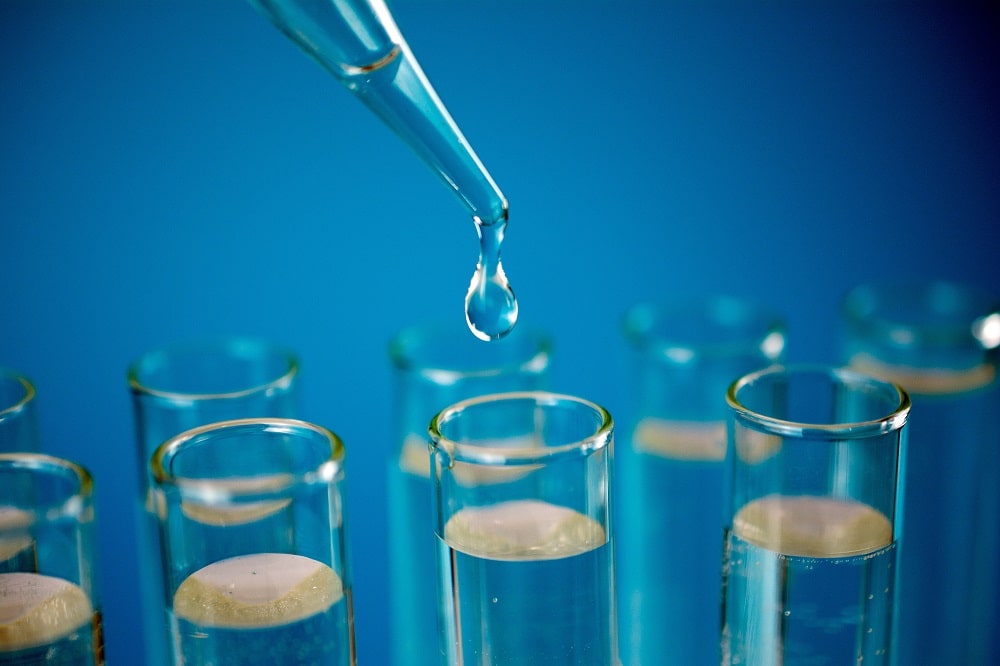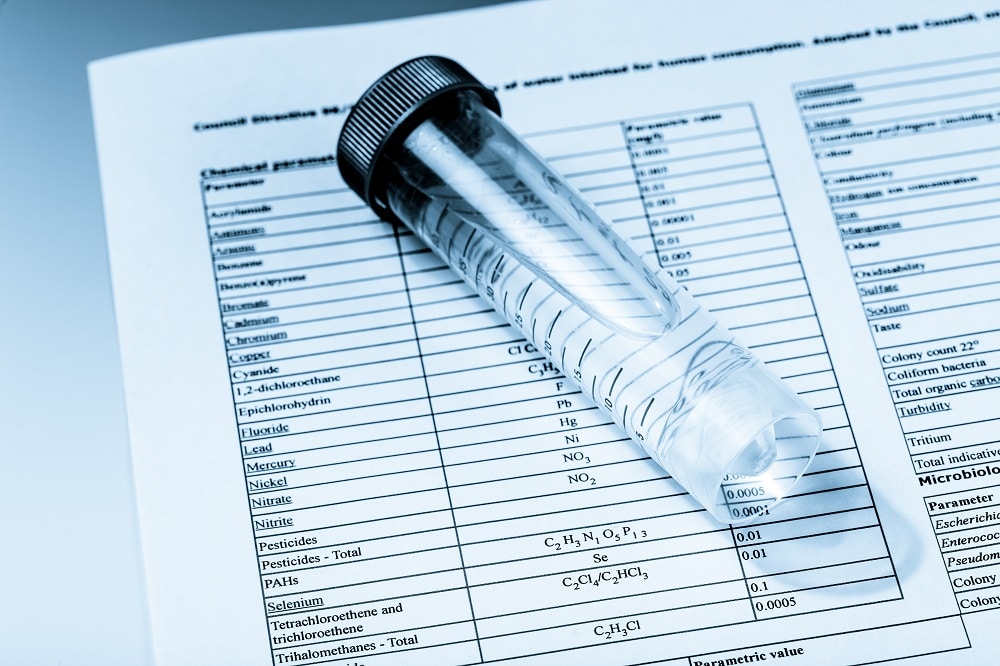Hard water is the term used to describe water that has minerals like calcium, iron, copper, and magnesium in specific quantities. Some people are unaware of the fact that they have hard water until they start noticing issues that are very common in homes with hard water. While it’s normal to have some level of these minerals in most water supplies, high levels can be a problem for a few reasons. Here’s what you should know.
What Is Hard Water?
Dissolved calcium and magnesium are impossible to see. Still, if you want to know exactly how hard your water is, the best water testing labs can administer tests to determine the level of these minerals in your water. The levels are measured in grains per gallon (gpg), so water containing less than one grain is considered soft water. This usually only occurs in homes with a water softener. Slightly hard water would measure between 1-3.5 gpg, moderately hard 3.5 and 7 gpg, hard water 7-10.5 gpg, and very hard water would be anything higher than 10.5 gpg. Knowing these levels can help you determine if you need to do something about your hardness level. Here are some problems you’ll notice when you have hard water.
Soap Scum
One of the most apparent issues with hard water is the presence of soap scum. Soap scum forms when the water evaporates, but the calcium deposits are left behind. Soap scum can be left on dishes, clothing, and surfaces in the shower. Not only is soap scum unsightly, but it can cause other issues as well. Clothing will look dingier and wear out faster. Towels will feel rough, and scum left on shower curtains can provide a breeding ground for bacteria.
Irritated Skin
Hard water will also cause problems for your skin and hair. The deposits left on the skin will dry the skin out and cause itchiness and other irritation. Children with eczema are especially sensitive to hard water. Hard water can also clog pores and coat the air, making it more prone to dullness.
More Water Use
You may find that you use more water when you have hard water because it’s more difficult to wash away the soap because it doesn’t work well with hard water minerals.

Scale Deposits on Appliances and Pipes
Hard water deposits will eventually begin to build up on appliances that use water. The dishwasher, clothes washer, and hot water heater will all begin to suffer as sediment creates a scale that causes the appliance to wear out more quickly. You’ll also probably develop a white scale on plumbing fixtures and inside the pipes, making it difficult to have sufficient water flow.
Stains
Hard water stains are reddish-brown stains that develop on porcelain plumbing fixtures. These stains can be removed with some hard work, but they’ll eventually come back if the hard water problem isn’t addressed.
Unpleasant Water Taste
The taste and smell of your drinking water can also suffer from hard water. It will often taste metallic if there’s too much iron, or there can sometimes be a rotten egg smell from the reaction between magnesium and some types of bacteria. A water testing lab can tell you exactly what minerals are in your water so that you can decide if you need to take action or not. Contact Environmental Testing and Research Laboratories, Inc., today to have your water tested.

